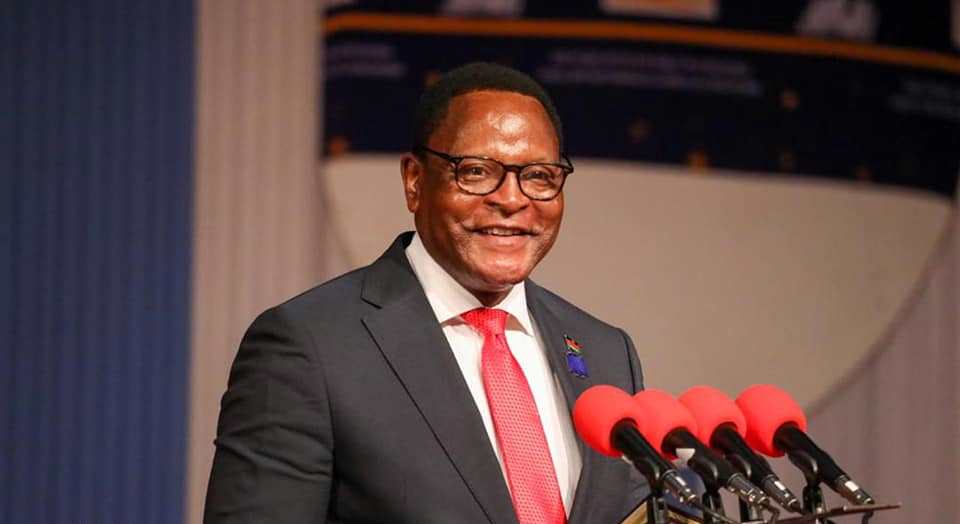Don’t lose hope, Chakwera assures
President Lazarus Chakwera has urged Malawians to have hope amid challenges the country is facing.
He said this on Sunday in Lilongwe at the Bingu International Convention Centre during the 100 years of Buku Lopatulika Anniversary Celebrations.

The commemoration was organised by the Church of Central Africa Presbyterian (CCAP) Nkhoma Synod in collaboration with Bible Society of Malawi.
Said Chakwera: “I want to urge Malawians that as a nation we should have hope even in the face of challenges that we might be facing as a country”
“Through the word of God, we have achieved cultural identity and national unity. It has also brought the development of the education system.”
Former Nkhoma Synod moderator the Reverend Chatha Msangaambe, who is also Dedza CCAP congregation moderator, emphasized the importance of the word of God to the country’s development.
He said Malawi needs the word of God to achieve mindset change as one of the enablers of Malawi 2063.
Said Msangaambe: “The word of God in our hearts will help us change the mindset of Malawians. If a person has the word in his or her heart, they cannot steal, or engage in acts of indiscipline.
“Through the word in the believer’s heart makes them good citizens and Malawi a peaceful country; hence, Malawi as a country will thrive in development.”
Veritas College Malawi national director Reverend Davison Chifungo and also a member of the events organising committee urged Malawians to pray for the country’s leadership.
He said: “I would like to urge everyone to read and exercise the word of God because this is where patriotism comes from.
“We should also pray for our President because if he succeeds in his leadership we also succeed as a country.”
The translation of the Bible from English to Chichewa was completed in 1922.
It was led by William Murray of the Dutch Reformed Church and Malawians such as Thomas Maseya, Jonathan Sande, Ishmael Mwale and Wulebes Chikuse, among others.
The development has benefited another 20 million people in Malawi, Zimbabwe, Mozambique and Zambia.






One Comment